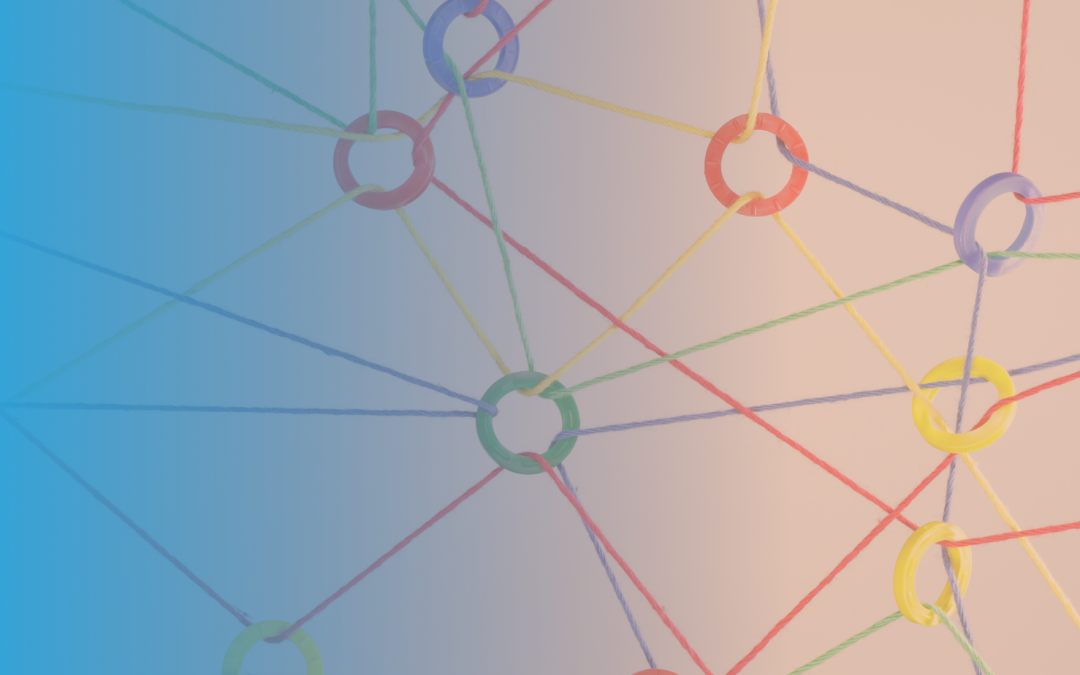By Carolyn Page AE
This engaging presentation by editor Kate O’Donnell and author Jessica Dettmann was a superb lesson in editing that is “done with” rather than “done to”.
Jessica and Kate originally worked as in-house editors for the same publisher but, finding themselves pregnant at the same time, their professional relationship turned into something closer, more affectionate and more professionally rewarding. (As they now joke, they have “exploited their friendship for commercial gain … in the loosest sense of the word”.)
As a new mother, Jessica initially turned to writing as a “mummy blogger … just when it was on the downwards slide in popularity, past the bell curve”. Her friends in publishing gave her no encouragement to believe that her humorous online essays could be sold in book form. Yet, since 2016, she has written and published three novels and is working on a fourth.
Kate remained a working editor but soon after went freelance and began working from home. She and Jessica fell into a routine of co-working (which they compare to the parallel play they observed their small children doing).
As Jessica recalls: “We would do quite a lot of side-by-side work and then, as I started to move from editing into writing, it was just amazing to have a sounding board with as much editorial experience, and knowledge and understanding as Katie did.”
“Talking about the characters until they feel real to us”
Jessica and Kate aren’t always on the clock with the work they do together. As Kate’s wife observes, they have a “let it settle” phase in the work they do together.
In Jessica’s words: “We usually spend the first 10 minutes drinking coffee and updating each other on everybody’s lives … and then (usually without even quite realising it) we start talking about people who aren’t real and the characters in the book will come up and we move into it that way.
“And then they feel real to us, and I and Katie will move off and she’ll work on whatever she’s working on, and I will go off and try to wrangle the pretend people and make them do what they need to do for the day … and even when you get to the copyedit, the queries feel like we’re still chatting.”
Writing, editing and managing the space between
Thanks to their early work in publishing, both women get the creative and editing processes, but the depth of trust between them is the key to their successful partnership. Kate says, “There is such trust between us that I can always … say quite challenging stuff to her about her writing, and trust that she’ll see where I’m coming from.”
Their working relationship has taught Kate that “editing and writing are such different things … and being more immersed in Jess’s writing process has shown me just how much she has to do. The editorial process, it’s important, but it’s also miniscule, peripheral almost, in terms of the amount of work.”
While she is ambitious for the work that is to be published, Kate now reflects on an occasion (with another author) when she knows she overstepped, emotionally, for herself.
“I took the book really personally, so when I felt that her choices were going to mean that the book wasn’t going to be as good as it could have been, I felt really bad for the book, and for readers … I now know that you need full technical and creative engagement, and immersion, and no ownership.
“So we’re talking about the balance between caring enough and caring too much, and editors bringing themselves to the work but not putting themselves in the work. Something I take really seriously about all queries as an editor is that they be queries as often as possible and not statements or corrections: that they are as constructive as possible.
“I have a creative background, and I have received a lot of very non-constructive criticism. And I know how that sort of thing worms, I know how unhelpful it is for the process. And it’s really good that [Jessie and I] have the boundaries that we have, but also that they can be pushed a little bit because of the personal relationship that we have, which is great.”
“It’s exciting to have new people to work with”
Both see professional community as important and know that “most [writers] have a partner or some version of a writers’ group”. This is important for a working editor too.
Kate says, “One of my favourite things about my job is if I get access to seeing how other people do the job – because obviously there are some basic guidelines but I think there isn’t any one way necessarily to correctly edit a book, especially fiction and especially at the structural level.”
This was a presentation to Editors NSW members attending the Annual Branch Meeting on 6 August 2024.

